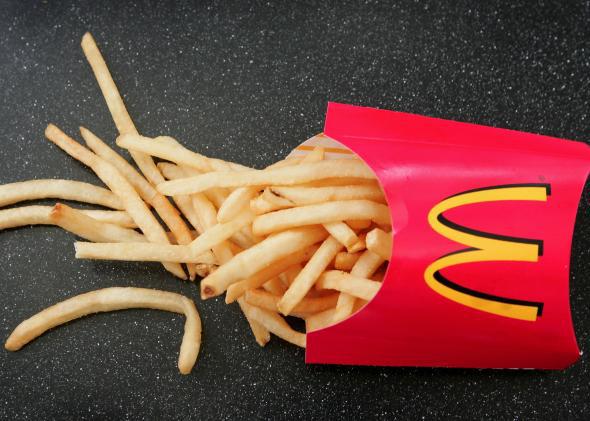People just aren’t into sugary drinks the way they used to be. Coca-Cola is keenly aware of this, which is why it embarked on the “Share a Coke” campaign in June, putting ordinary names on cans and bottles of Coke in the hopes that mass personalization would make people more eager to buy soda. For a while, it appeared to be working: Sales of Coke soft drinks in the U.S. rose more than 2 percent over the summer. But based on the company’s latest earnings report, that campaign alone wasn’t enough to turn things around.
Shares of Coke sank 6 percent on Tuesday after reporting flat soda volume and lower revenue in the third quarter. Along with the disappointing figures, Coke said it would trim annual costs by $3 billion over the next five years by “streamlining and simplifying our organization.” Coke CEO Muhtar Kent told investors that his team is taking “additional steps to get us back on track over the longer term and we will do whatever we have to do to get there, to get us across the bridge.” But until the numbers start to perk up, that reassurance is unlikely to silence the critics calling for new leadership at the company.
Over at McDonald’s, things aren’t much better. In its third quarter, profit fell by 30 percent and sales at restaurants open at least 13 months slipped 3.3 percent. That’s in sharp contrast to the tremendous 19.8 percent jump in sales that Chipotle reported in its earnings for the same period on Monday. Even McDonald’s CEO Don Thompson couldn’t scrape together a positive spin on the results, bluntly calling them a “significant decline versus a year ago” in his prepared statement. McDonald’s stock slipped only 0.63 percent during Tuesday’s session, but it’s down more than 8 percent in the past eight months.
Both Coke and McDonald’s have their excuses. Coke CEO Kent told investors that the company is struggling with “a challenged disposable income growth environment” and a consumer who “is challenged everywhere around the world.” McDonald’s cited a “higher effective tax rate” and “unusual events in the operating environments in APMEA and Europe.” But the bigger problem might be the products and experiences the two are selling. Fast-food restaurants are being upstaged by fast-casual, slightly more upscale rivals like Chipotle. Soda is battling concerns over obesity and artificial sweeteners. For whatever reasons, consumers are no longer charmed with Coca-Cola and McDonald’s, and so investors aren’t either.
